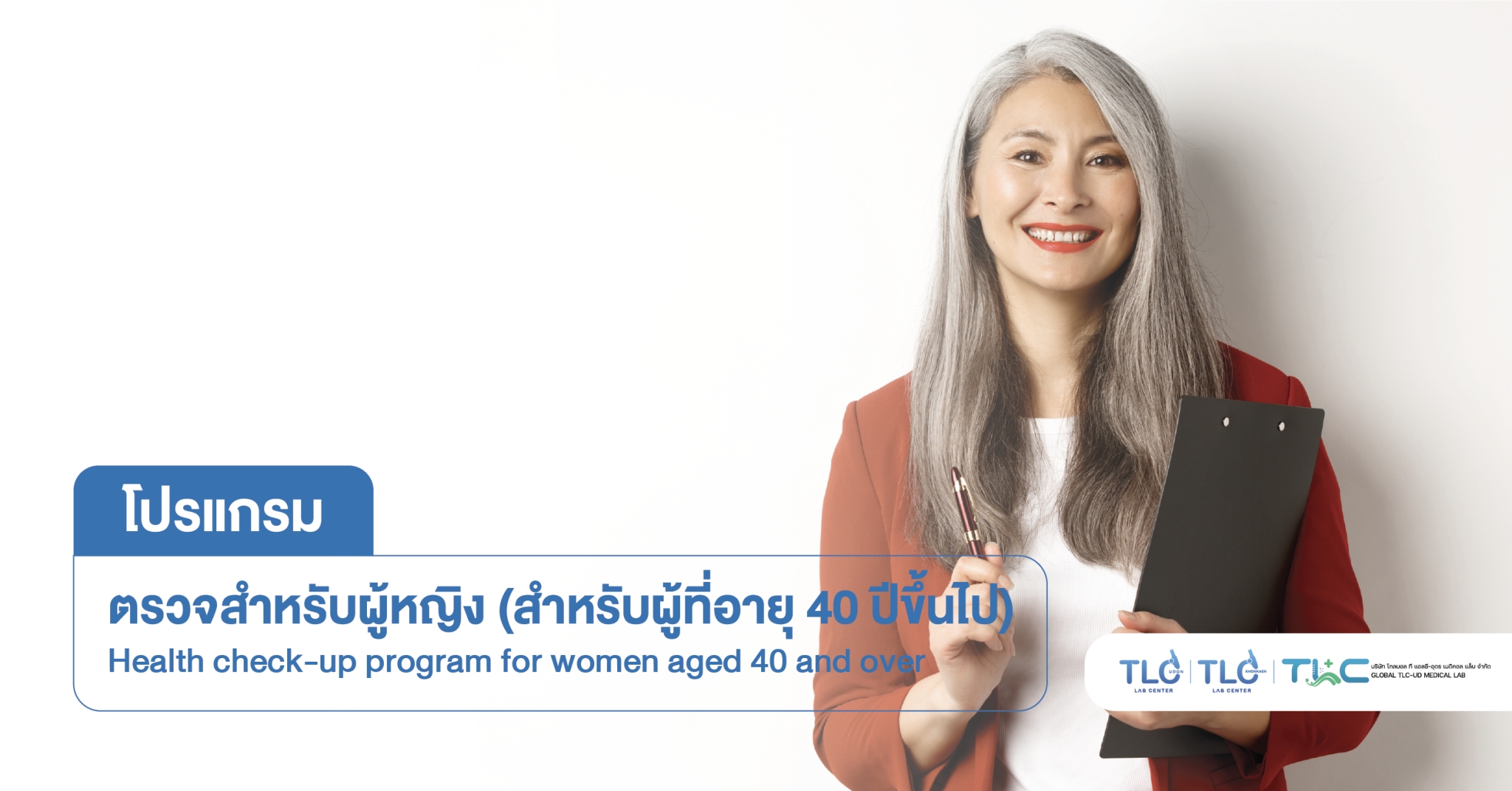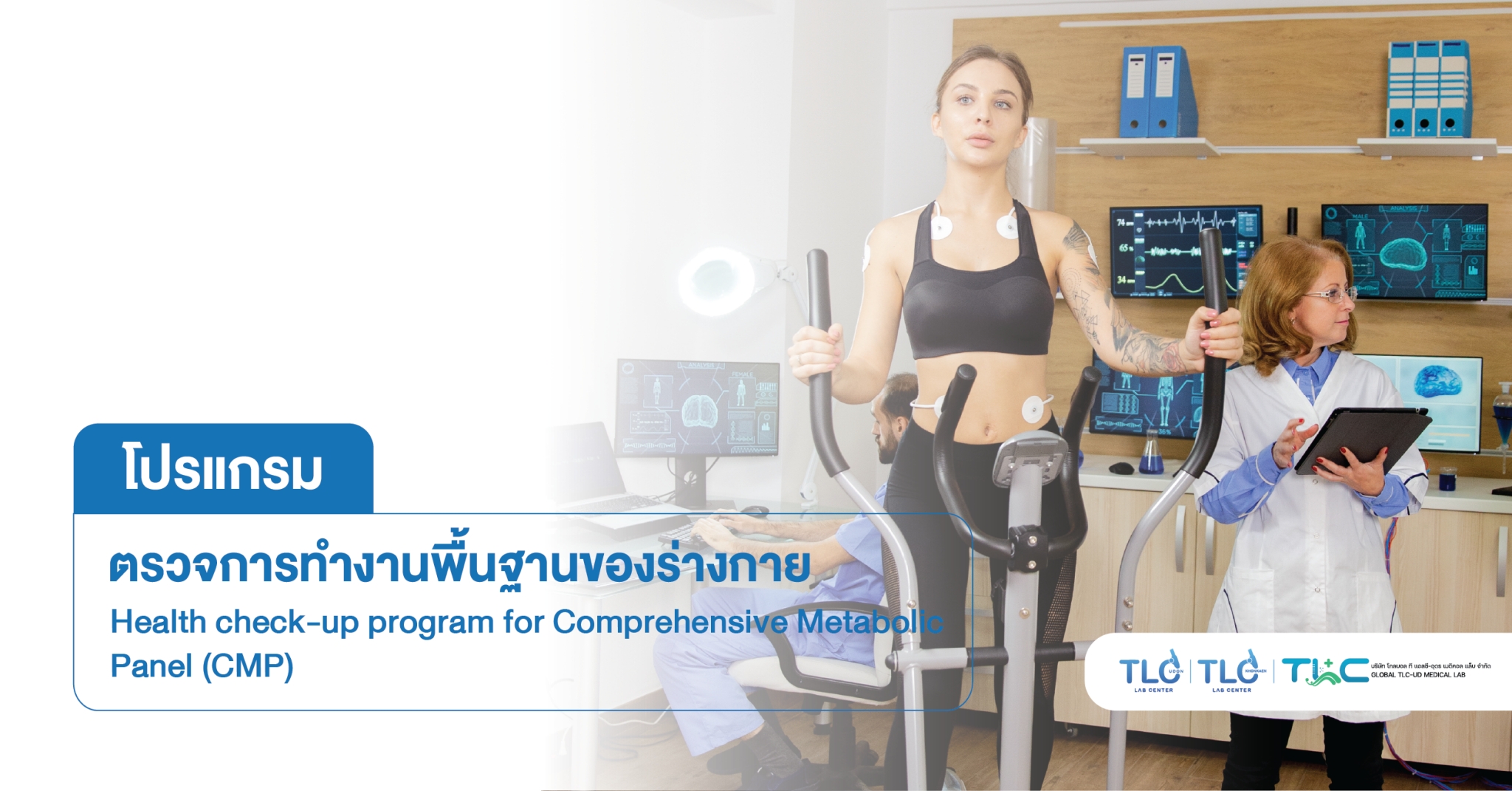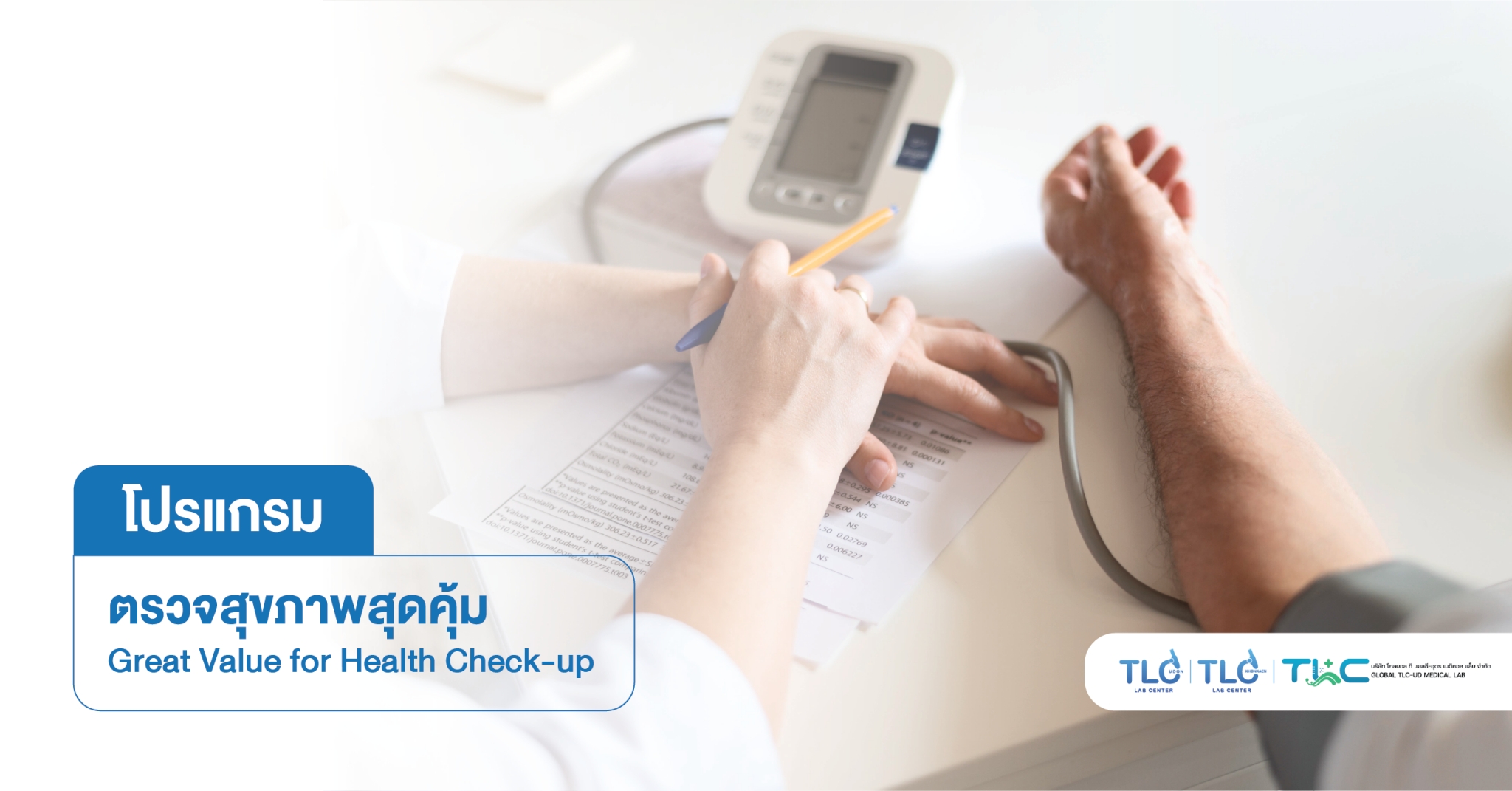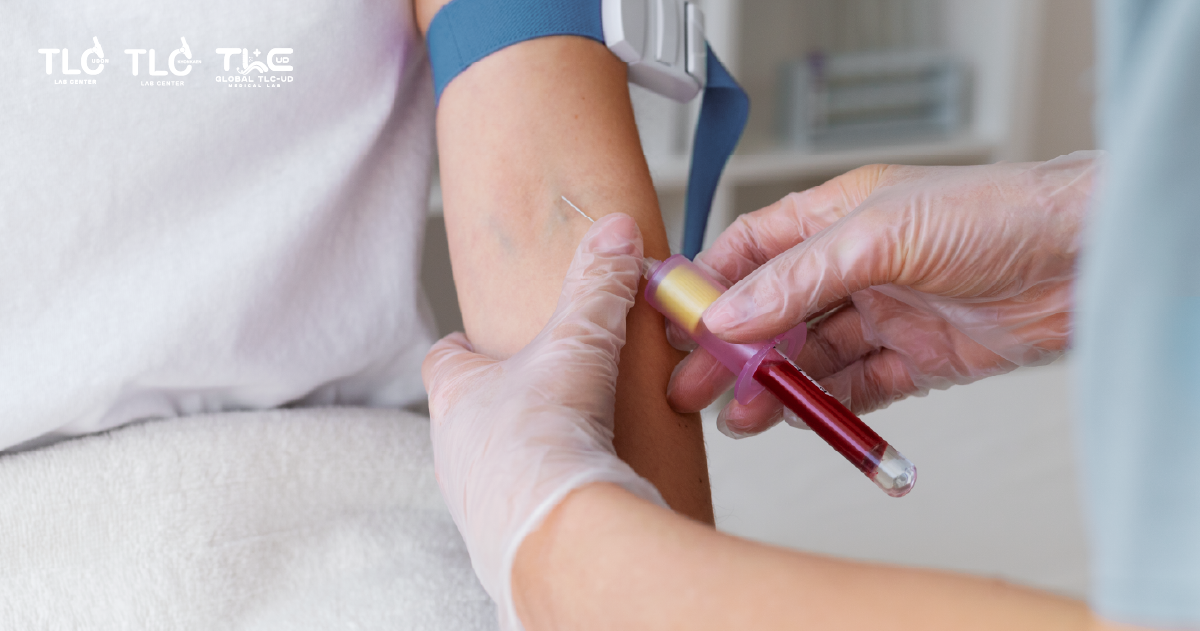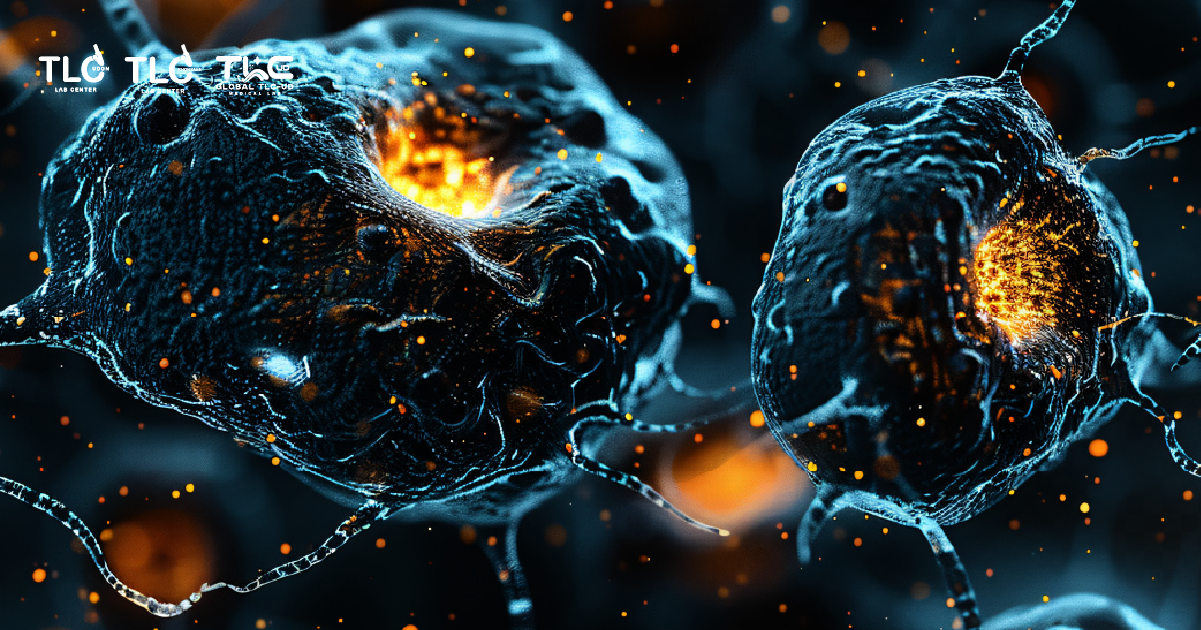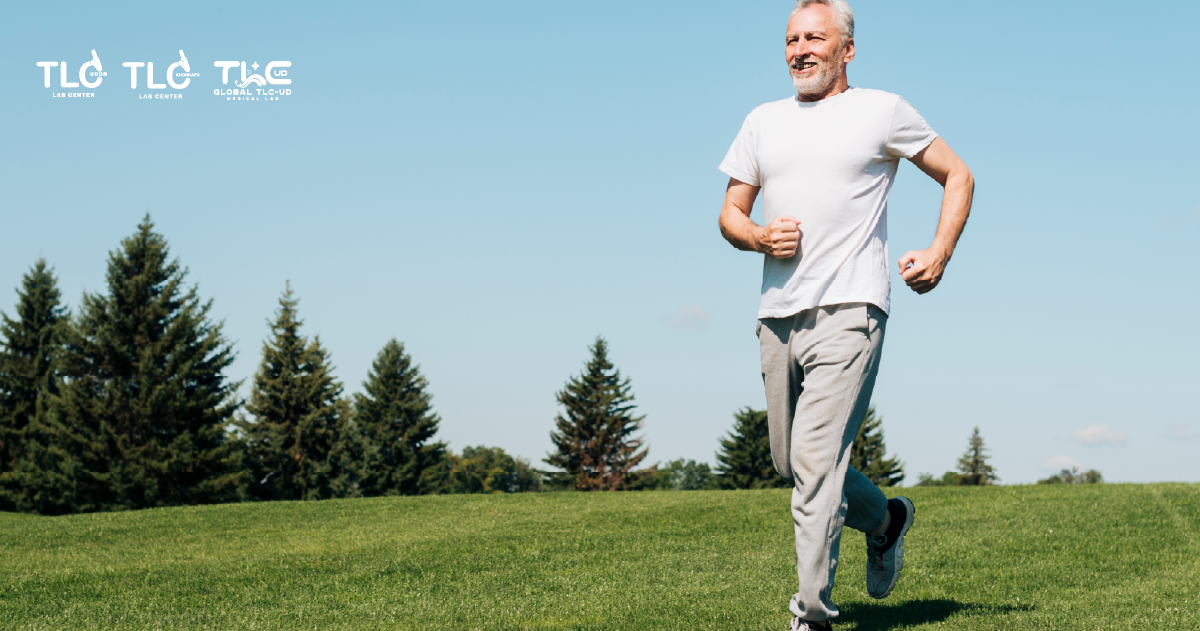A low-carb diet is a weight-loss approach that restricts carbohydrate intake. This includes reducing the consumption of foods like rice, flour, noodles, and sugar. Consuming high amounts of carbohydrates leads to a rapid increase in blood sugar levels, with excess sugar being stored as fat (triglycerides). Reducing carbohydrate intake helps control blood sugar levels, minimize fat accumulation, and promote fat burning. It also lowers the risk of insulin resistance, a condition linked to diabetes and obesity.
How to Follow a Low-Carb Diet
- Limit carbohydrate intake to 50–100 grams per day by avoiding rice, flour, sugar, and other high-carb foods.
- Consume 1.5–2.0 grams of protein per kilogram of body weight daily from sources such as beef, pork, fish, chicken, eggs, seafood, and nuts.
- Eat unlimited amounts of leafy greens, stalk vegetables, and low-carb vegetables like cucumbers and winter melon. Avoid starchy vegetables (e.g., taro, pumpkin, radish, carrots) and limit all fruits, whether sweet or not.
- Avoid sweets, baked goods, sugary drinks, and all types of alcohol.
- Avoid oils high in saturated fat, such as coconut oil, palm oil, butter, shortening, and margarine, as they can harm heart health.
The Four Phases of a Low-Carb Diet
- Initial Phase (First 14 Days): Reduce carb intake to 20 grams per day, eliminating rice, flour, sugar, and fruit. Focus on eating meat, eggs, dairy, and leafy greens. This phase leads to the fastest and the most of weight loss.
- Progressive Increase: Gradually increase carb intake by 5–10 grams at a time, up to 50 grams per day. Introduce nuts (e.g., almonds, pistachios), vegetables, and some fruits while continuing weight loss.
- Weight Maintenance: After reaching your target weight, increase carbs slightly from 50 grams to around 80 grams per day, focusing on complex carbs like brown rice and whole grains.
- Long-Term Maintenance: Maintain stable weight by consuming a variety of foods while controlling daily carb intake to prevent weight gain.

Low-Carb Foods You Can Eat Freely
- Non-starchy vegetables: All leafy greens, tomatoes, bell peppers, mushrooms, cucumbers
- Low-sugar fruits: Tangerines, guavas, avocados, berries
- Unprocessed meats: Fresh seafood, poultry, beef, pork, and eggs
- High-protein nuts and seeds: Almonds, walnuts, sesame seeds, sunflower seeds, chia seeds
- Healthy fats: Olive oil, coconut oil, avocado oil
Foods to Eat Occasionally (in Moderation)
- Whole grains and unprocessed carbs: Brown rice, whole wheat pasta, konjac noodles, quinoa
- Starchy vegetables: Pumpkin, carrots, potatoes, sweet potatoes, taro
- Moderate-sugar fruits: Apples, unripe mangoes, papaya, bananas, pineapples, prunes
- Legumes and grains: Red beans, black beans, soybeans, peanuts, millet
- Full-fat dairy: Whole milk, butter, cheese, plain yogurt (contains more carbs)
Foods to Avoid
- Refined grains: White rice, pasta, noodles, white bread, crackers, biscuits
- Sugary snacks: Sweets, processed snacks, candies, baked goods
- Sugary drinks: Sugar-sweetened coffee, tea, soft drinks
- High-sugar fruits: Durian, jackfruit, ripe mangoes
- Processed foods: Sausages, ham, bacon, frozen ready-made meals
- Low-fat dairy: Skim milk, low-fat yogurt, flavoured dairy products (high in carbs and low in essential fats)

Health Checkups Before Starting a Low- Carb Diet
It’s recommended to check your health status before starting a low-carb diet. Key tests include:
- Blood sugar levels: Fasting Blood Sugar (FBS), HbA1c
- Pancreatic function: Insulin levels
- Liver function: AST, ALT
- Kidney function: BUN, Creatinine, eGFR
- Blood lipid profile: Cholesterol, Triglycerides, HDL, LDL
By following these guidelines, a low-carb diet can be a safe and effective way to manage weight, improve metabolic health, and prevent chronic diseases.


